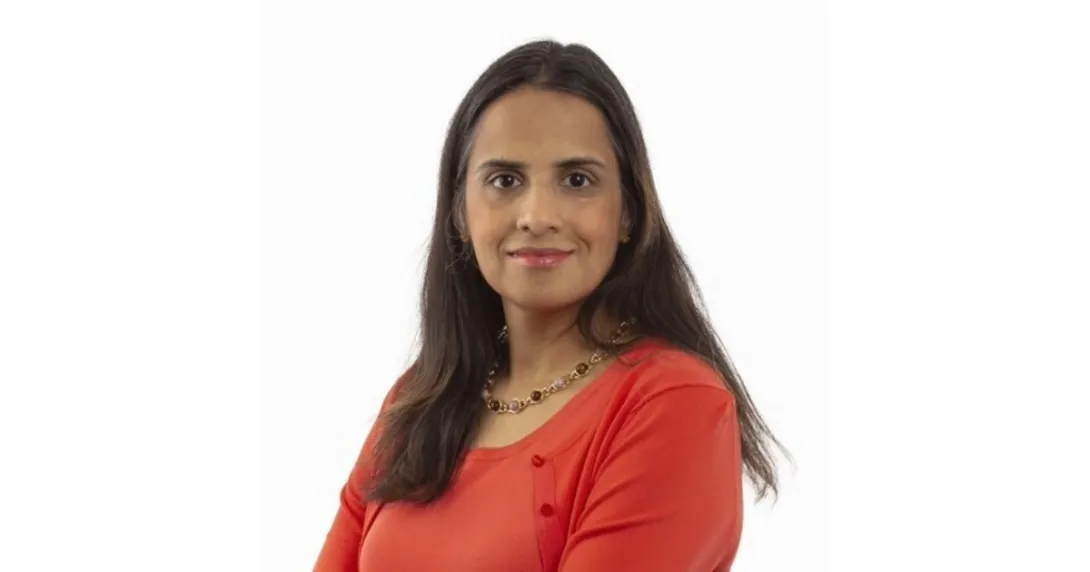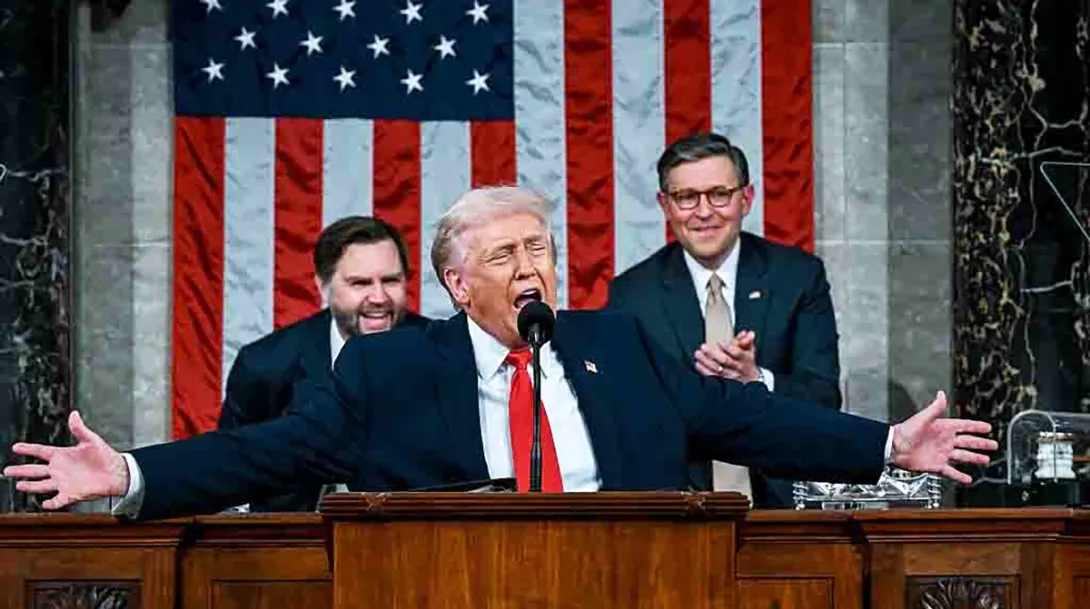
Dr. Meera Mani, general partner of Town Hall Ventures. Photo courtesy of Town Hall Ventures
Town Hall Ventures is a healthcare venture capital firm that invests in innovations that meet the needs of communities and people who are underserved or overlooked by the healthcare system.
The firm recently announced that it began the investment program for its Fund IV with nearly $440 million of capital commitments.
Town Hall Ventures and its network of partners will deploy Fund IV to help healthcare companies bring new technologies to communities facing the biggest obstacles to care.
Dr. Meera Mani, general partner of Town Hall Ventures, sat down with MobiHealthNews to discuss how the company will use the funds and what organizations it chose to invest in.
MobiHealthNews: How will the funds be used?
Dr. Meera Mani: The focus with Fund IV is to apply breakthrough technologies, devices, therapeutics, surgical techniques and support generative AI, to support innovation for underserved communities in the U.S.
MHN: What specific types of companies are you investing in?
Mani: Town Hall has invested in, over the past eight years, incredible founders who really led important paradigm shifts in healthcare across both technology and technology-enabled services in areas like cancer care, Medicaid, rural health, clinician productivity, AI deployment for health systems and senior care.
We believe that at its core the venture model is incredibly compatible with improving healthcare for underserved communities because you can advance these innovations while generating exceptional returns.
Some of the technologies we have invested in include Ambience, the scribing company that focuses on clinician productivity. Qualified Health advances the deployment of generative AI and supports health systems with secure and safe and effective deployment of generative AI use cases. Machinify ... supports greater efficiency in payments.
Those are a group of companies that are primarily technology companies. There are also companies that are in the business of providing care to patients and they also have an AI-first or an AI approach.
So, companies like Thyme Care, which deploys a number of AI use cases in order to reduce financial toxicity for patients and provide better healthcare for cancer, or Cityblock Health that is providing better care for individuals on Medicaid.
MHN: What are the challenges associated with bringing healthcare to underserved communities?
Mani: Bringing healthcare to underserved communities has never been really a technology problem; it has been more of a payment paradigm and a business model problem. There is inadequate reimbursement, which does not always attract healthcare providers to areas that need them.
The practice of medicine in these areas is often physically very difficult in terms of patient load. What is exciting is that we now have technology – take genAI – that can radically reduce the cost to serve and expand efficiency.
Given the challenge to scaling in healthcare has been more about reimbursement and getting distribution, we think there is a unique space to occupy as a healthcare sector specialist.
We think what we need to do through Fund IV is to partner with the best technologists and product builders who want to apply venture models to make a difference.
What we hope to do is help them with the best payment model, pair that with their AI-native business model and help align that with policy challenges.
Healthcare is often described as notoriously hard to break into, and so as a specialist in healthcare we hope to make that easier.
We hope to bring technology and scale it in healthcare and do that in collaboration with a really enthusiastic ecosystem of partners, which include a number of the large health systems, community health centers, the largest health plans as well as government leaders both federal and state.


